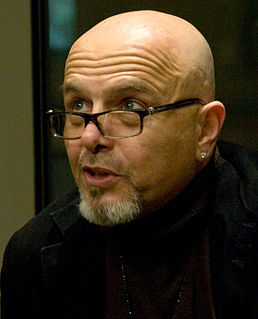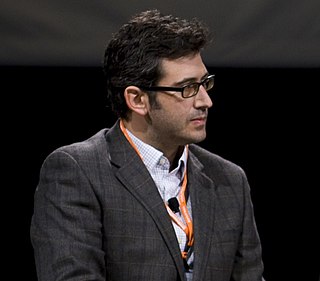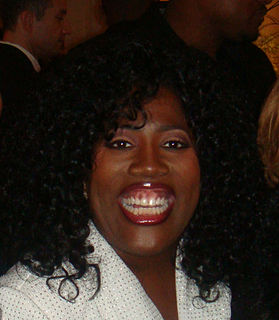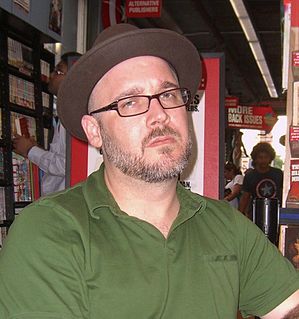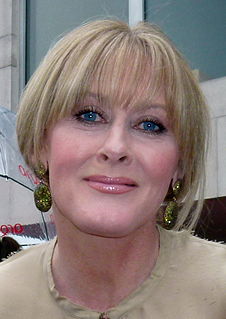A Quote by Joe Pantoliano
The Moguls is a story about guys that have all grown up together and are now in their late 40s, early 50s.
Related Quotes
I just kind of had my own impressions growing up with Hoover as a heroic figure in the 40s - actually the 30s, 40s, and 50s and beyond - but this was all prior to the information age so we didn't know about Hoover except what was usually in the papers, and this was fun, because this was a chance to go into it [ during filming 'J. Edgar Hoover' ]
The political vibe of late-'40s Hollywood through the mid-'50s is something we're seeing a lot of echoes of right now, and in a scary way, where I'm wishing for an Edward R. Murrow to stand up and start somehow calling people on stuff. But as far as the way the industry works, I feel like we're in a place where you see companies slowly moving back to only doing their own stuff.
I was seduced by the nouvelle vague, because it was really reinventing everything. And the Italian cinema that one would see in the theaters in the late '50s, early '60s was Italian comedy, Italian style, which, to me, was like the end of neo-realism. I think cinema all over the world was influenced by it, which was Italy finding its freedom at the end of fascism, the end of the Nazi invasion. It was a kind of incredible energy. Then, late '50s, early '60s, the neo-realism lost its great energy and became comedy.
In early 1999, I was watching TV, when I came across a story on Afghanistan. It was a story about the Taliban and the restrictions they were imposing on the Afghan people, most notably women. At some point in the story, there was a casual reference to them having banned the game of kite fighting. This detail struck a personal chord with me, as I had grown up in Kabul flying kite with my friends.
The core of Animal House was about prejudice, about equality, and about inclusion/exclusion. It was about a group of people who were together and anything went. Anybody who wanted in could get it in. Then there was that other group that nobody could get in, unless they were white, and just alike. It was very representative of the culture in the '60s, '50s, and '40s in America.
